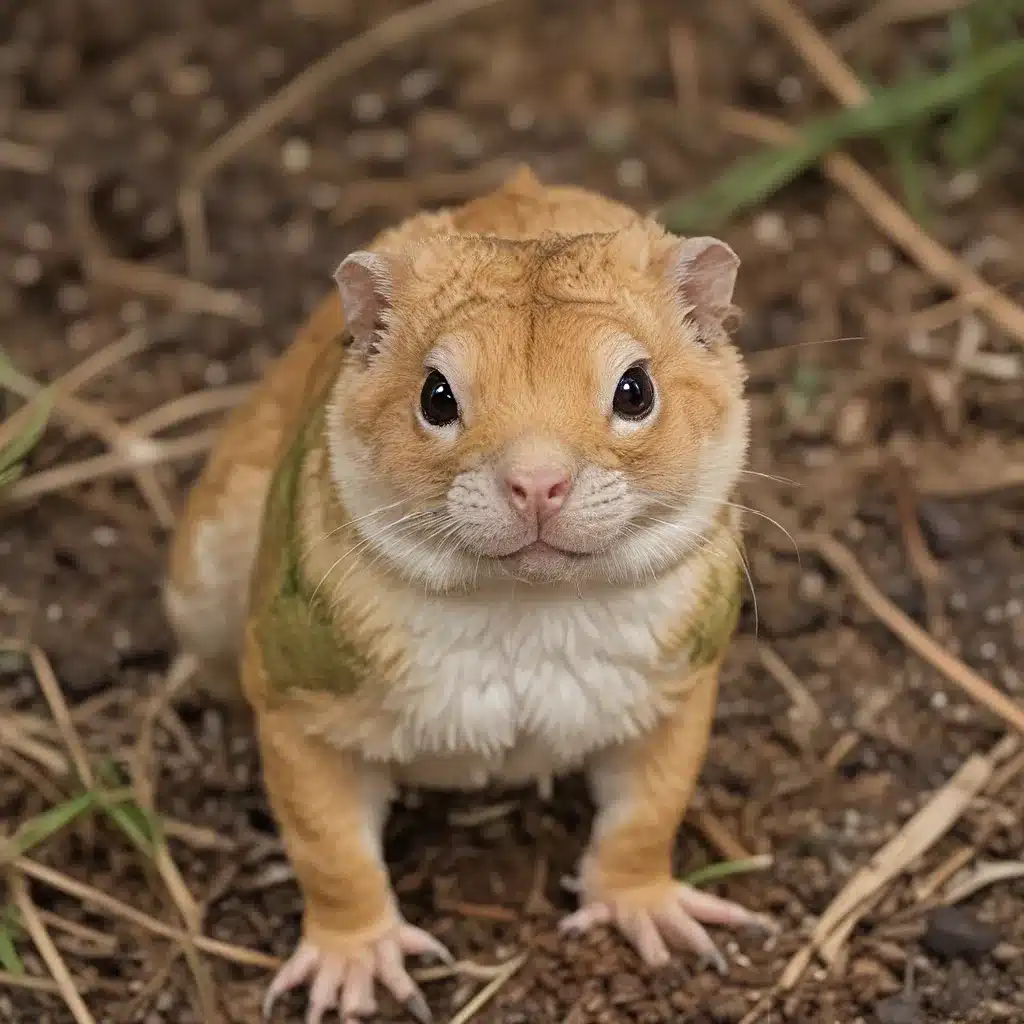
Dealing with the Dirty Dilemma: Navigating Exotic Pet Waste Disposal
You know the struggle all too well – the pile of poop in the corner, the pungent odor wafting through the air, and the nagging feeling that you’re about to get in some serious trouble. As an exotic pet owner, dealing with waste disposal is a reality you face daily. But fear not, my friend! I’m here to guide you through the murky waters of legal compliance and help you avoid the dreaded courtroom drama.
The Lowdown on Livestock Disposal Laws
Let’s start with the basics. In the state of Indiana, where many exotic pet enthusiasts reside, the rules around animal carcass disposal are pretty straightforward. Livestock owners (that includes you, exotic pet parent!) are legally required to properly dispose of an animal’s remains within 24 hours of its demise.
The good news is, the Indiana State Board of Animal Health (BOAH) has approved several methods for getting rid of those lifeless lovelies. We’re talking burial, incineration, composting, rendering, and even feeding them to your carnivorous critters. But hold on to your exotic leashes, there are some key things to keep in mind for each option.
Indiana’s carcass disposal rules state that burial must be at least 6 feet deep to prevent scavengers and odor issues. Incineration needs to be done properly, with no open burning allowed. And when it comes to composting, you’ve gotta keep pesky pets out and control any runoff. Sounds like a lot of work, right? That’s why many exotic owners opt for the oh-so-convenient rendering route.
The Rendering Revelation
Renderers are the MVPs of the animal carcass disposal world. These companies will come right to your door, pick up your deceased decor, and turn them into all sorts of useful products. But hold up, there’s a catch – FDA regulations require them to avoid rendering any animals euthanized with barbiturates like pentobarbital. So, if your exotic had a one-way trip to the great terrarium in the sky via that method, you’ll need to find an alternative.
Some renderers may even reject equine remains if the animal was put down with those icky barbiturates. In that case, you might want to explore other euthanasia options for your horse-sized herpetological friends. Luckily, the Wisconsin Veterinary Diagnostic Laboratory has the scoop on alternative protocols that could keep your rendering options open.
Composting Conundrums and Landfill Logistics
Now, if rendering isn’t your jam, you could always try your hand at composting. Just layer that dearly departed with some dry, carbon-rich materials like sawdust, and let nature do its thing. But remember, state law requires you to keep pesky pets and pests away from the pile. Oh, and don’t forget to control any runoff – can’t have that nutrient-rich compost leaching into the local waterways.
As for the landfill route, that’s an option too. Just be sure to check with your local authorities first, as some cities and towns have their own regulations on burial within city limits. And hey, while you’re at it, why not see if they have any recommendations on exotic pet-friendly disposal methods? You never know, they might be closet reptile enthusiasts themselves.
Feeding Frenzy: The Exotic Animal Loophole
Here’s where things get interesting. Did you know that exotic animal owners can actually request livestock carcasses from producers to feed their carnivorous companions? Yep, it’s a thing! But before you start planning your own personal Jurassic Park feeding time, there are a few hoops to jump through.
First off, the exotic owner needs to be registered with the state. Secondly, both the producer transporting the carcass and the exotic owner accepting it have to keep meticulous records – everything from the species and date to the chain of custody. And those remains? They’ve gotta be completely disposed of within 72 hours or refrigerated for long-term storage. No leaving Fluffy’s leftovers lying around, folks!
Navigating the Murky Waters of Exotic Pet Waste Disposal
Whew, that’s a lot to keep track of, isn’t it? But fear not, my fellow exotic enthusiasts. With a little diligence and some strategic planning, you can navigate the tricky terrain of proper waste disposal and keep those bureaucrats off your back.
Remember, proper identification, record-keeping, and timely disposal are the keys to staying on the right side of the law. And hey, who knows, you might even discover a new and exciting way to feed your ferocious friends while you’re at it. Just be sure to check in with your local authorities and get the necessary permits – can’t have the exotic pet police knocking on your door, right?
So, there you have it – the lowdown on exotic pet waste disposal in the great state of Indiana. Now go forth, my friends, and dispose of that dung with confidence! And don’t forget to check out GoldenExoticPets.com for all your exotic pet needs – from food and habitat to legal advice and beyond.

